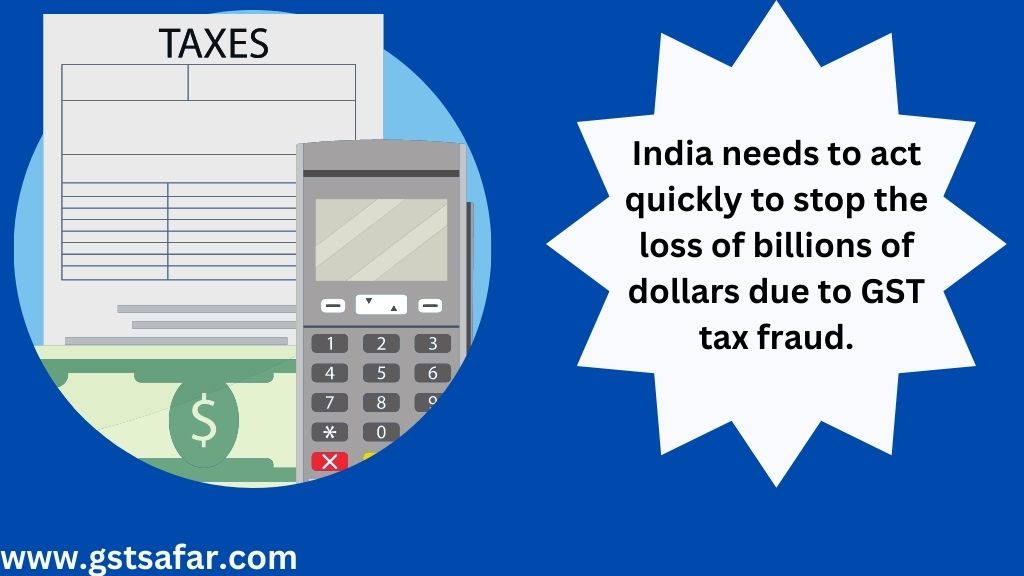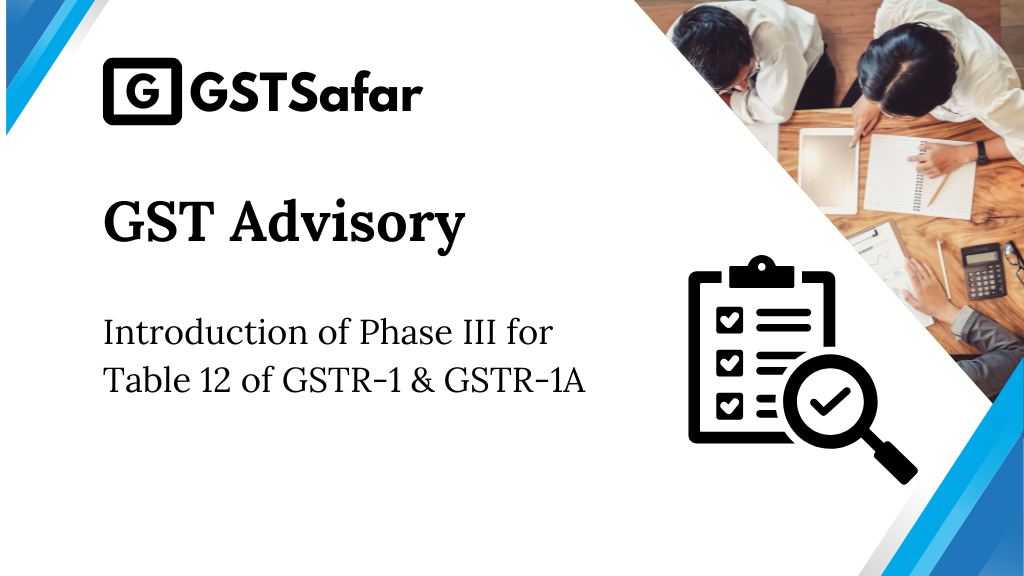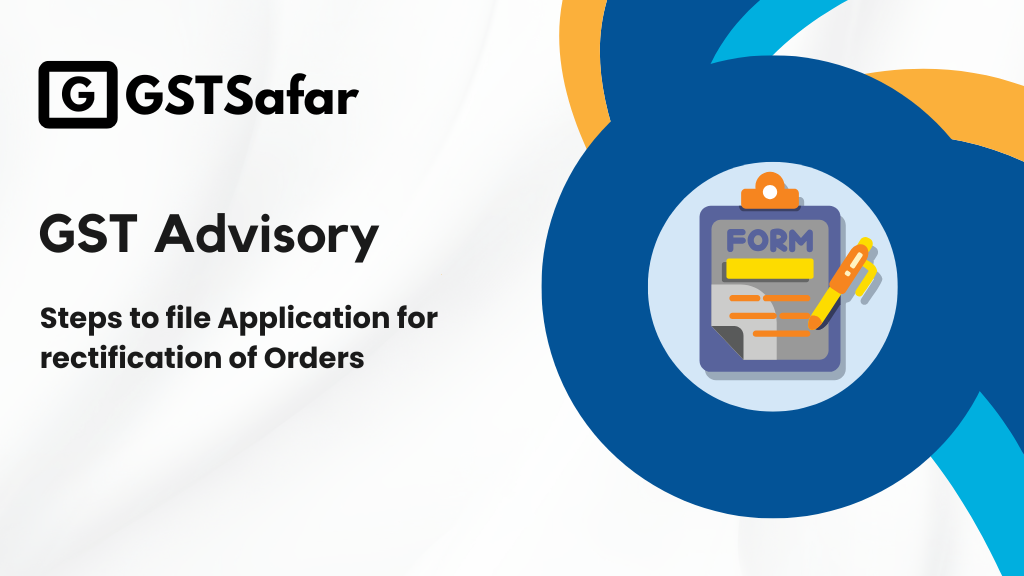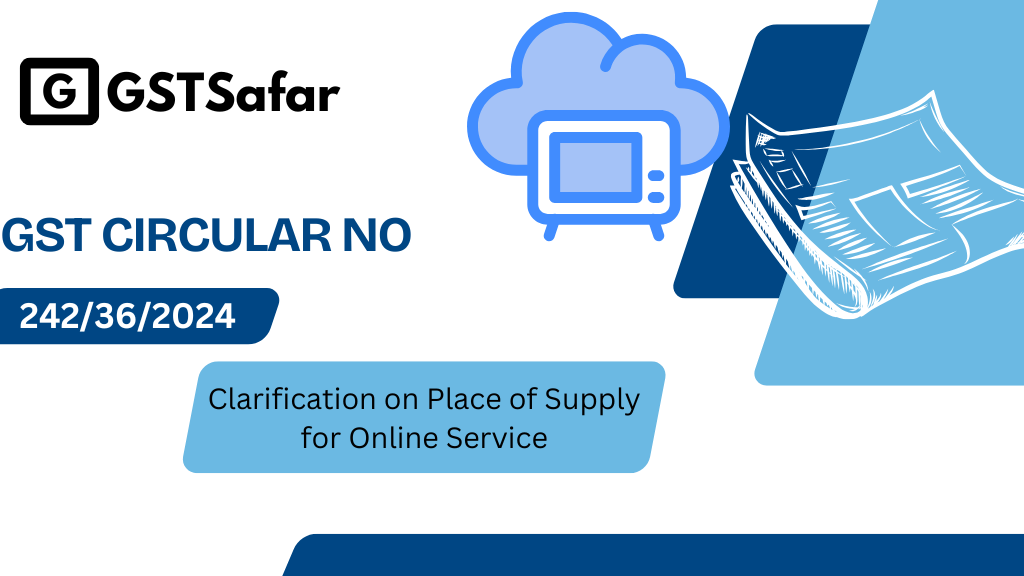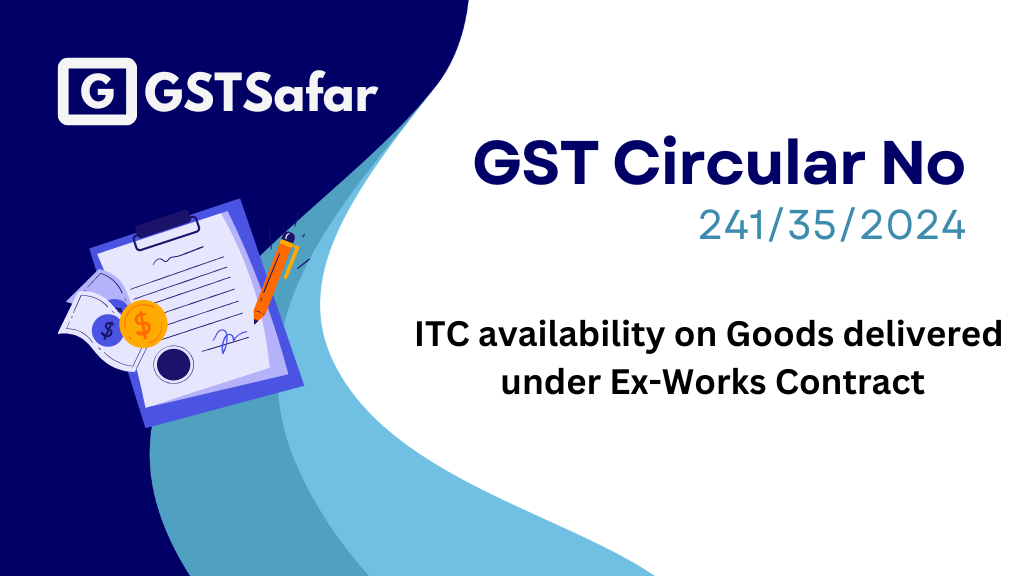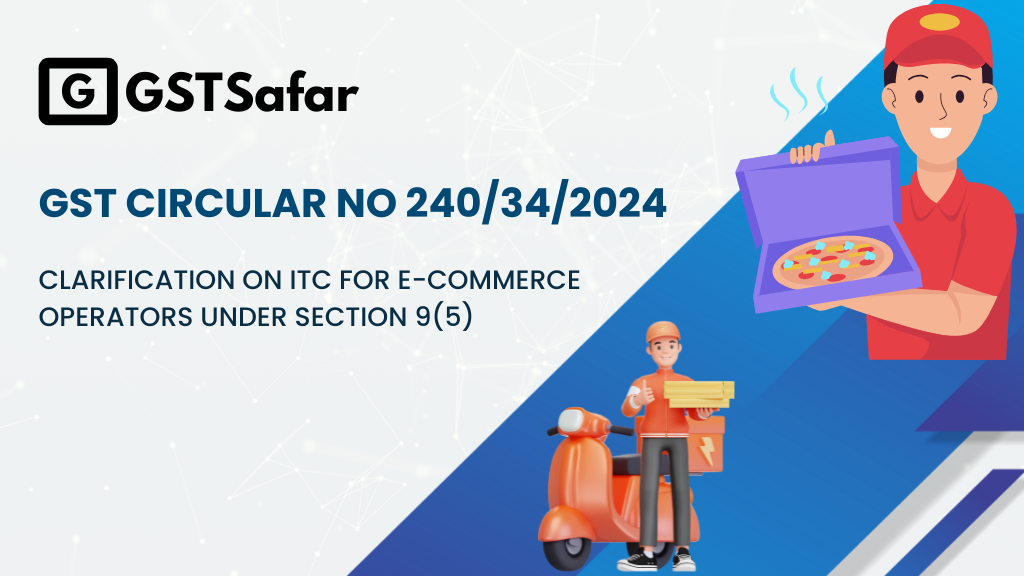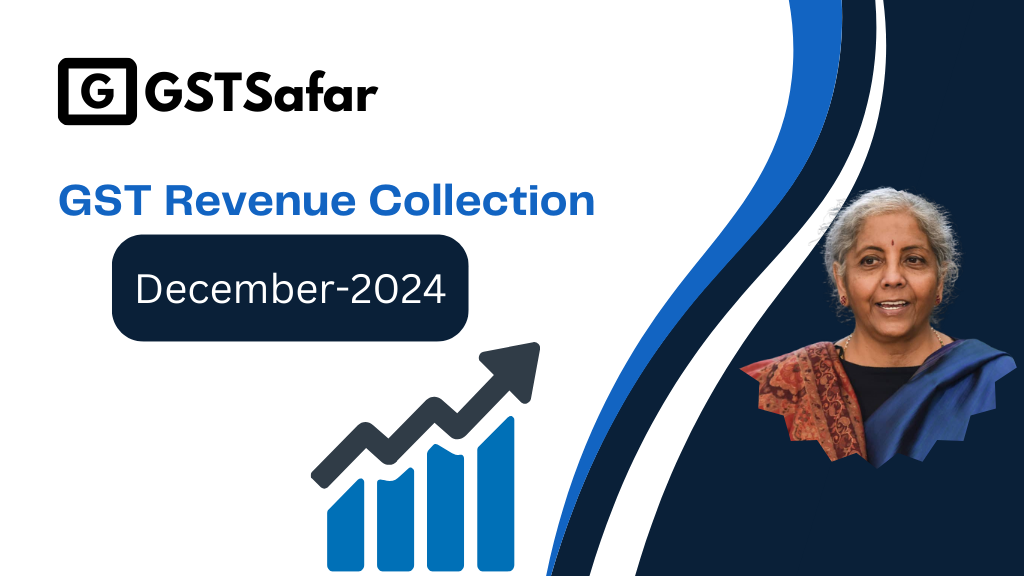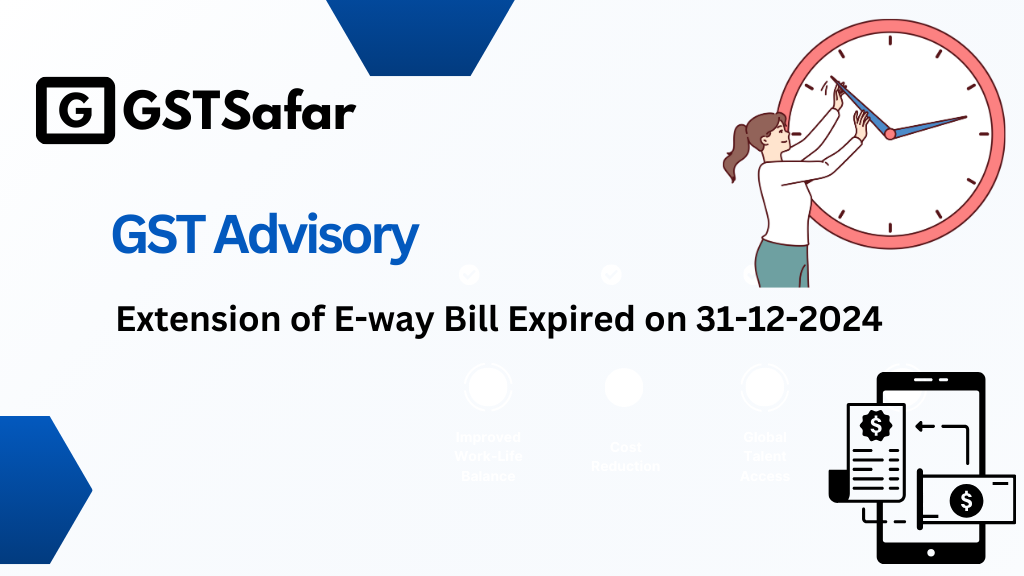Till today several GST frauds disclosed. The trend of India’s monthly goods and services tax revenue reaching Rs 1.5 lakh crore and becoming the “new normal” has been applauded by the North Block. The Central Board of Indirect Taxes and Customs’ Vivek Johri professed confidence in breaking beyond this barrier in the upcoming fiscal year, which begins in April.
Yet, a criminal is draining India’s finances. In a media interview, Johri claimed GST audits this fiscal year had found Rs 22,000-crore tax evasion from roughly 48,000 cases.
Incorrect input tax credit claims were mentioned by Johri as the primary cause of the leakage. According to Johri, it’s possible that some taxpayers may have claimed input tax credits for inputs for which they are not eligible because they had an incorrect interpretation of the legislation.
Johri added that the tax authority has observed instances in which the value of the items is improperly disclosed and that misclassification is another problem that results in the application of the incorrect tax rate.
India has increased its attempts to convince the salaried class to adopt a tax system without exemptions, but indirect tax experts think it’s about time the government closes the loopholes. If India wants to improve the tax ecosystem and streamline regulations to increase collections, can it really afford the revenue losses?
Input tax credit matching and reporting of external supplies are just two examples of techniques that have helped to discover problems with phoney invoicing, errant taxpayers who don’t pay their taxes on time, and fraudulent claims for export refunds, among other things.
Yet according to experts, one of the most crucial actions the government must do to stop the leak is to reduce the burden of compliance. According to them, the system is plagued by a difficult registration process and the tax authorities need to receive training on GST laws.
“This issue has a significant impact on Indian enterprises because ITC claims are heavily dependent on vendor compliance and the volume of business at stake. Vendors who are dishonest or noncompliant pose a greater danger to businesses “said Clear’s CEO and founder, Archit Gupta.
Compliance is a big issue in the trade, according to Parag Mehta, a partner at N.A. Shah Associates. Filing 24 tax returns per state each year is a big deal for the whole trade. More audits and assessments from all the different governments are also a big pain.
He says that for businesses that operate in more than one state, compliance may be handled by each state, but assessments, notices, and other things should be handled centrally. Mehta said that this will be good for the whole industry because it will make it easier for tax departments to work together and make sure taxes are paid correctly.
He also said that the process of getting registered has become very complicated. This is especially true if a business is run out of a rented space or a free space provided by an associate or group company.
The government requires that affidavits be signed in front of a magistrate and that the NOC say certain things. This will make the registration take longer. Most of the time, businesses are run without being registered. Instead of each part of India having its own list of requirements, the government should make a standard list of documents that all of India must have.
Niraj Bagri, a partner at Dhruva Advisors, said that the government has found that business-to-consumer transactions where the last mile invoice is not given are a big source of leakage.
Some ideas being talked about include giving consumers prizes through a lottery system, which will make people more likely to look for bills from local dealers. It would also be a good idea to see if there are any ways to reduce the amount of income tax that individuals have to pay. This would encourage them to actively ask dealers for GST invoices.
“This will have a ripple effect on direct tax collection because the local dealers will report the transaction. So, this would help bring in even more tax money without raising the tax rate “Bagri said.
Mehta also said that people need to learn more about the GST law. Notices are sent out by a computer system, but the authorities can’t explain where the numbers come from. This leads to lawsuits that aren’t necessary and gives the department no money back.
